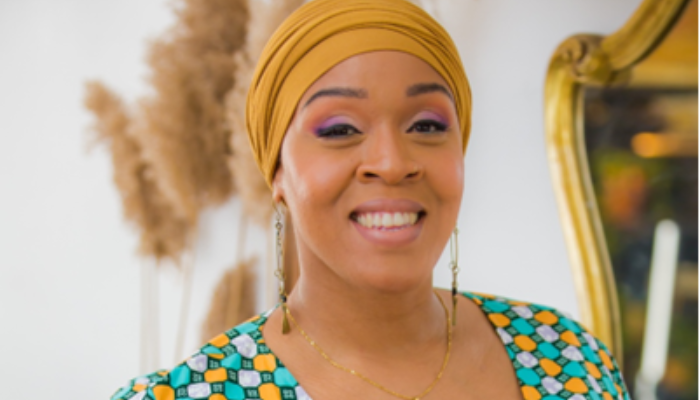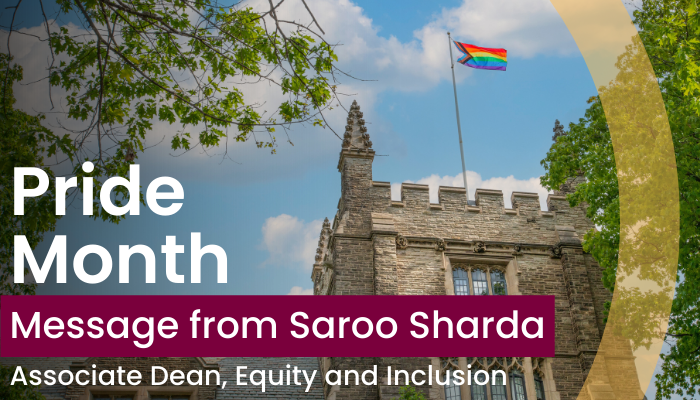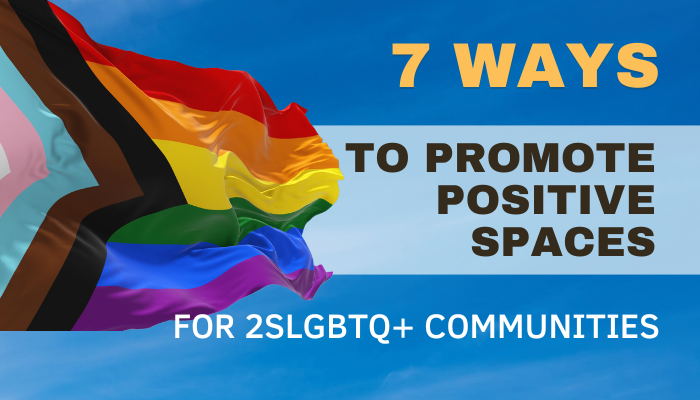McMaster researcher tackles Islamophobia, sexism and anti-Black racism in mental health

McMaster University researcher Fatimah Jackson-Best is tackling bias in the health-care system by investigating the impacts of both anti-Black and gendered Islamophobia on the mental health of Muslims in Canada.
McMaster University researcher Fatimah Jackson-Best is tackling bias in the health-care system by investigating the impacts of both anti-Black and gendered Islamophobia on the mental health of Muslims in Canada.
Jackson-Best, an assistant professor of the Department of Health Research Methods, Evidence, and Impact, said the main focus of her research is on the mental health impacts of Black Muslims who identify as women.
Jackson-Best said there are compounding effects of Islamophobia and other forms of inequality, such as gender-based discrimination and anti-Black racism. Research in the US on the prevalence of mental illness in Muslim communities has shown a strong relationship between experiences of discrimination and mental health challenges.
This finding is unsurprising to many Muslims in Canada who have been subjected to attacks over the last several years, putting the community at heightened levels of hypervigilance, stress, anxiety and fear.
Racial and gender-based prejudices exist on individual, societal, and institutional levels, making it necessary for mental health-care providers to acknowledge the negative impacts it can have on clients’ lives and the therapeutic relationship. For example, gendered Islamophobia and anti-Black Islamophobia are interconnected forms of discrimination that put Muslims who are Black and/or identify as women at an increased risk for violent Islamophobic abuse.
“Mental health-care providers need to be aware of and respond to the heightened risk faced by Muslims who experience compounded Islamophobia due to race, religion and gender,” said Jackson-Best. “In mental health care environments, it is critical for providers to actively work against reproducing all forms of discrimination that may impact Muslim clients, particularly those who are Black, Black women, women and from communities of colour.”
The betterment of the healthcare experience of all people is a conscious endeavor, and positive actions can be taken by everyone. If someone witnesses Islamophobia or any other forms of discrimination, there are several ways they can act.
These include self-reflection about prejudicial and discriminatory views they may have; adapting modalities of healthcare to meet clients’ needs whenever possible; increasing awareness about institutional and organizational policies, practices, and frameworks that reinforce bias and work towards changing them; avoiding reproducing or contributing to discriminatory dynamics in healthcare interactions; and adopting alternative models of care that are more inclusive of the diversity of Canadian peoples.
Equity, Diversity & Inclusion News
Related News
News Listing

Pride Month message from Saroo Sharda, associate dean of equity and inclusion
Equity, Diversity & Inclusion News
June 3, 2024

7 ways to help promote positive spaces for 2SLGBTQ+ communities
Equity, Diversity & Inclusion News
June 27, 2023

Daily News ➚
National Indigenous History Month: a time for education and reflection
Equity, Diversity & Inclusion News, Indigenous Health
June 1, 2023
